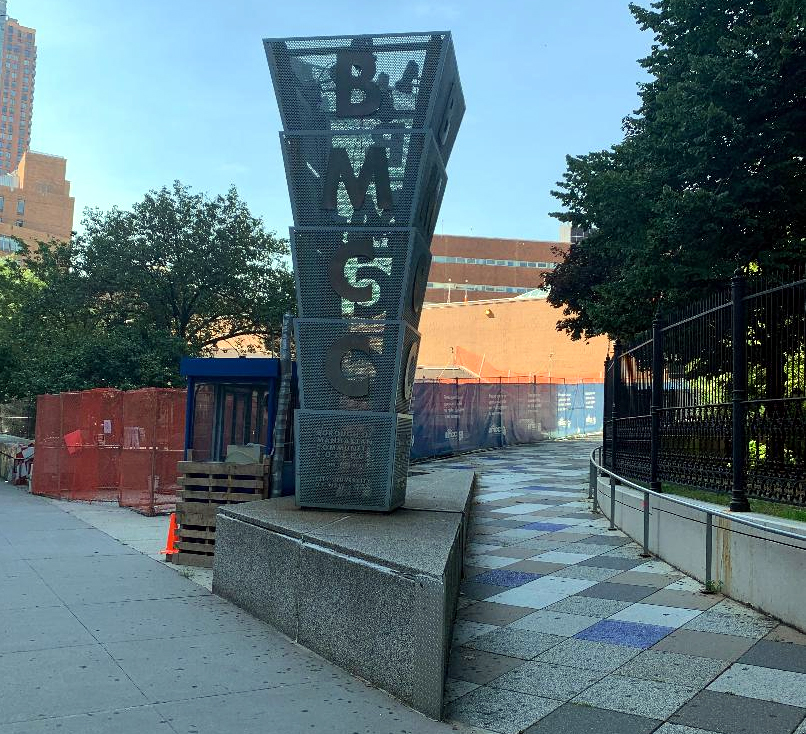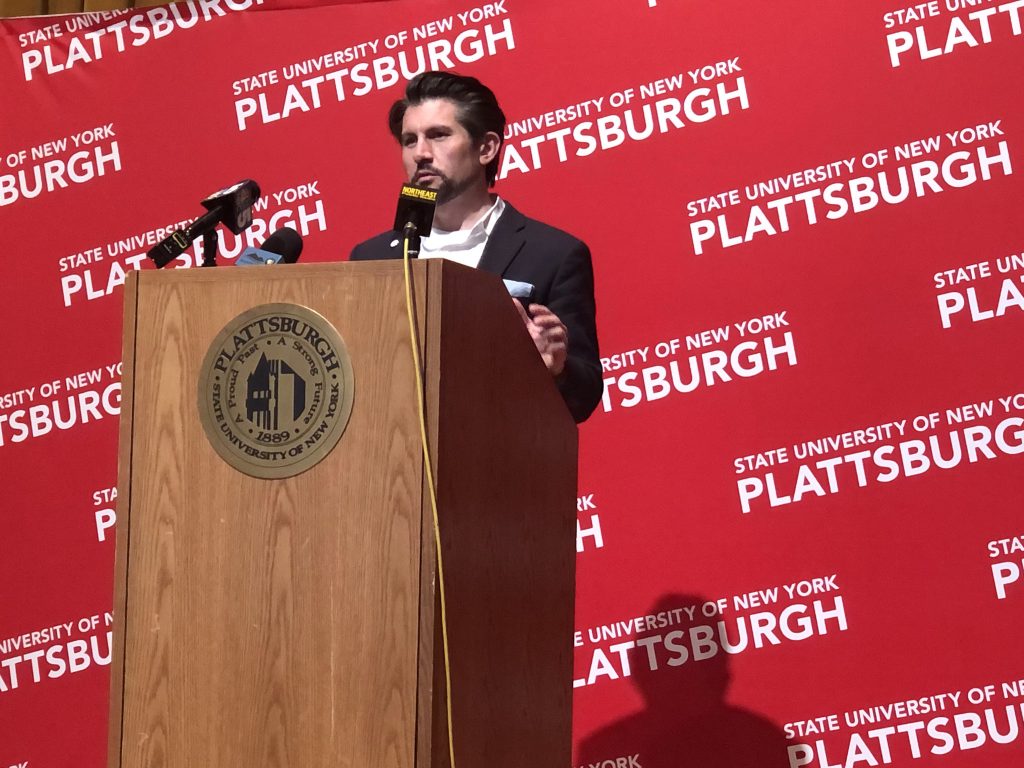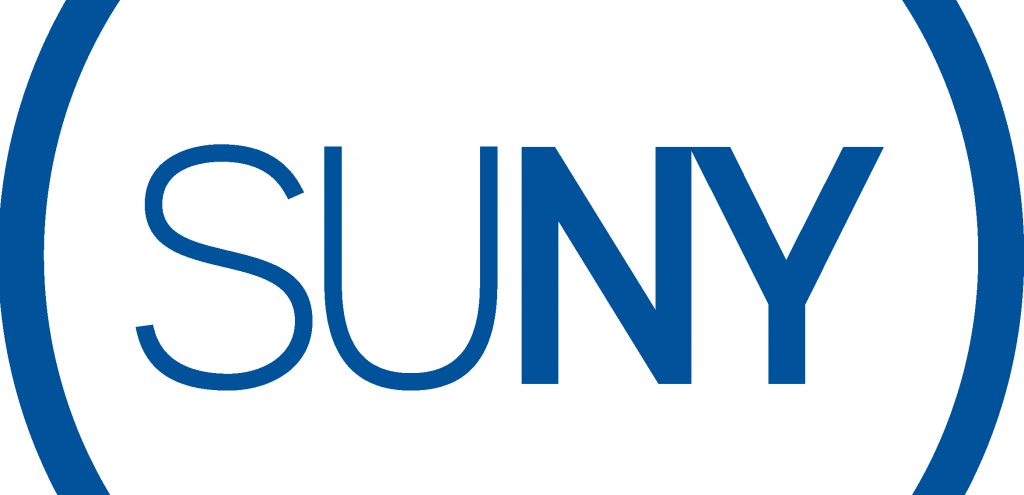The new academic year at The City University of New York kicks off today with the vast majority of courses and instruction being delivered online in response to COVID-19 health concerns. Despite the challenges posed by the pandemic, the academic new year rings in renewed energy, enthusiasm and optimism.
“After months of preparing for the fall semester, CUNY stands ready to reaffirm its mission as a driver of social mobility for the many students counting on us to help them rebuild from the pandemic,” said Chancellor Félix V. Matos Rodríguez. “I know our students, faculty and staff share my excitement for the start of the new academic year and are eager to work together at this unique time in the University’s history.”
Chancellor Matos Rodríguez said that across all 25 CUNY colleges and campuses, fewer than 2% of the nearly 50,000 course sections for the fall semester will be fully in person, minimizing the need for students and faculty to have to travel to our campuses. He added that in order to ensure the health and safety of those who need to attend an in-person class, no one will be allowed to enter a CUNY campus without first undergoing a health screening.
To enable the screening, CUNY has selected the Everbridge Safety Connection Pro/Contact Tracing mobile app. CUNY’s implementation of the app is in accordance with State and City guidelines for the safe return to a campus or office.
Additionally, occupancy limits will be applied and enforced in all campus spaces, including classrooms, where there will be a minimum of six feet of distance between seats. Instructors and students will be required to wear masks and enhanced cleaning protocols will be in place, with campuses performing deep cleanings of each classroom multiple times per day.
“Our approach has been to remain fully operational with the smallest possible number of people on campuses and in offices,” said Chancellor Matos Rodríguez. “This is the most effective way to ensure our students’ academic continuity, while safeguarding the well-being of the entire university community.”
In the face of unprecedented challenges, excitement nonetheless reigns, not only among the nine CUNY presidents taking over across the City, but among incoming freshmen as well. Here are a few of those students, who chose CUNY for its quality, diversity and robust student supports.
We’re Both Excited for this New Adventure
When she starts her first year at Lehman College this week, 40-year-old Lisa Laboy will be a step closer to completing an arduous journey to a college degree in social work that has spanned over 20 years. She will also be imparting a critical lesson to her 19-year-old daughter Shanya, an incoming freshman at Hostos Community College, about resilience and the importance and urgency of attaining a CUNY education now rather than later.
As a single mother determined to provide for her children, Laboy jumped into work immediately after high school. Not until she was laid off from her job as a medical assistant after 10 years in a dermatology office in 2018 did she turn her attention to higher education. After learning about the many tuition assistance programs available at CUNY, Laboy enrolled at Hostos and participated in the University’s highly touted ASAP initiative, which provided her with much-needed financial, academic and personal support services. She also benefited from CUNY EDGE, which helps students who are receiving public assistance achieve academic excellence.
Laboy’s circuitous route to a college education is both a symbol of resilience and a cautionary tale for her daughter. Laboy has already conveyed the benefits of ASAP to Shanya, who is participating in the program at Hostos. For her part, Laboy has been accepted at Lehman into CUNY’s Accelerate, Complete and Engage (ACE), which is modeled after the ASAP program for students pursuing baccalaureate degrees.
“I’m so happy she’s going to college now and she can avoid what I went through,” said Laboy, speaking of her daughter. “I’m so happy that we’re doing this college journey together and we can support each other along the way. We’re both excited for this new adventure.”
Choosing CUNY After Overcoming Hardship
Heneen Attal worked hard in high school to become a top candidate to some of the country’s most renowned colleges and universities, overcoming economic hardship and discrimination along the way.
As a high school senior, she qualified for the prestigious QuestBridge National College Match program, which helps high-achieving, low-income students win scholarships to some of the country’s most highly regarded institutions of higher education.
A first-generation American whose parents hail from Jordan, Attal was initially drawn to attending an Ivy League school through the program. She instead opted out of QuestBridge in favor of attending Macaulay Honors College at Brooklyn College.
Her decision to attend Macaulay crystallized in the middle of her junior year at Fort Hamilton High School when she and her family left Bay Ridge, Brooklyn, for financial reasons and briefly settled in Austin, Texas. She said she was the victim there of xenophobic harassment by students on account of her Muslim religious observance, conduct that helped precipitate her family’s move back to New York City for her senior year. “This is where I belong,” said Attal. “This is home.”
While her decision surprised some of her colleagues in the QuestBridge program, Heneen described her choice as a “no-brainer” given the benefits of attending a CUNY school and her own personal connections. Her sister is a master’s student at Brooklyn College and her brother is a senior there.
“I loved the resources and tight-knit aspect of being part of such a selective and small community,” said Heneen, who plans to study psychology. “Going to Macaulay allows me to be myself and to be pushed academically and personally in a supportive and non-judgmental environment that celebrates diversity and people’s differences.”
Gaining Confidence and a New Outlook at CUNY
As she embarks on her freshman year at LaGuardia Community College this fall, Jaylene Pena, a first-generation college student, is brimming with confidence thanks to the availability of support services from CUNY that have provided her with a sense of community and comfort. But she wasn’t always so self-assured about her future.
Pena’s confidence was in shambles, she says.
Diagnosed at age 9 with vitiligo, a disease that causes loss of skin color in patches, Pena described herself as hiding in plain sight, introverted and withdrawn, insecure about how she looked and afraid of being judged. She wore her hair long to obscure her face and mostly kept to herself. Still, she worked hard to become an honors student at Pelham Preparatory Academy in the Bronx, and she finally began to come out of her shell her senior year, pulling her hair back and joining the school’s cheerleading team, immediately feeling a sense of camaraderie and acceptance.
That security blanket and sense of comfort grew even more when she chose to attend LaGuardia. Pena credits the College Bridge for All program, an initiative of CUNY and the city Department of Education that provides college advisors to graduating high school seniors, for helping her determine her major and for navigating pre-college financial aid paperwork.
“I can’t thank CUNY enough for the amount of assistance and encouragement they’ve given me before school even starts,” said Pena, who aspires to be a child psychologist. “They made me feel so comfortable about where my life is going. I can’t wait to begin this journey and to make my mom proud.”
Actions to Ensure a Safe, Productive Semester
Detailed below are measures CUNY has taken over the past few months both to safeguard the well-being of students, faculty and staff amidst the health concerns caused by the COVID-19, as well as ensure academic quality.
Faculty Development
Leveraging the expertise of the CUNY School of Professional Studies, a longtime national leader in online degree programs, CUNY created online developmental workshops for more than 2,000 faculty members across the system to improve their online instructional practices. The initiative was deemed such a success that it was the recipient of a faculty and staff development award from the University Association for Professional and Continuing and Online Education, a nonprofit that serves higher education institutions.
Other efforts included a four-part webinar series that emerged from a partnership between CUNY and the all-online Western Governors University and training on how to make online content easily accessible to students with disabilities.
Expanded Technological Reach
To make sure students have the technology they need to carry out their academic responsibilities, a newly created Student Technology form has been made available to students to help schools identify students that need devices for the Fall semester. With support from Governor Cuomo, the University purchased more than 33,000 laptops and iPads to loan to students without a dedicated device of their own needed to complete the spring semester.
Additionally, the University purchased and will distribute approximately 4,000 Wi-Fi hotspot devices to campuses, which will in turn provide them to students who need them.
Campuses Prepare for Limited In-Person Instruction
Campuses have developed individual reopening and operating plans to cover a range of scenarios that reflect engagement with campus stakeholders, administrators, faculty, staff, students, unions, alumni and community-based groups. These plans are in accordance with CUNY Guidelines for Safe Campus Reopening, which provide best practice recommendations and baseline requirements for gatherings in enclosed spaces, including lecture rooms and classrooms, and embody the most recent New York State guidance for the reopening of Higher Education institutions.
CUNY has acquired a large volume of masks, hand sanitizer and other protective gear to be distributed to the CUNY population when it returns to campuses.







Facebook Comments